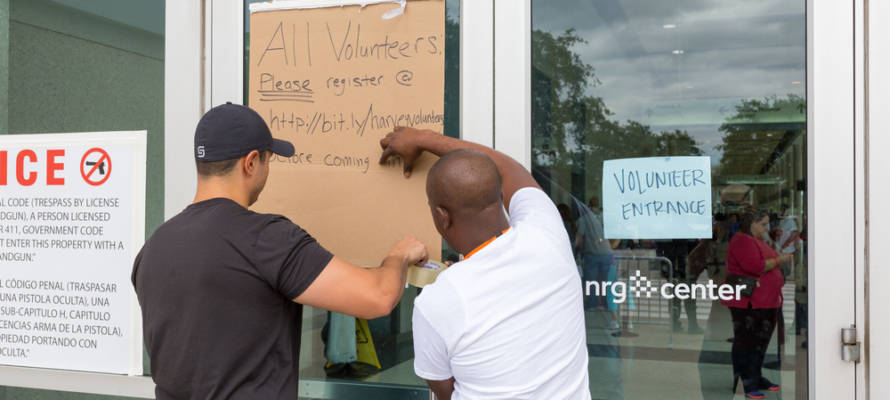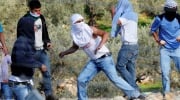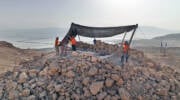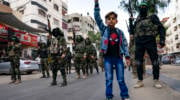Hebrew University research reveals positive trends than can help shape crisis-management protocols.
By Yakir Benzion, United With Israel
Much has been studied regarding countries’ responses to natural disasters, but now an Israeli research time has looked the social manifestations. In that regard, a study released Tuesday shows that in the wake of major calamities, crime goes down and charity goes up.
Natural disasters leave a trail of destruction, causing direct and horrible pain and suffering – costing lives, causing injuries, destroying houses, livelihoods, crops and breaking infrastructures. While extensive research has been conducted on the economic and public healthcare costs of these types of disasters around the world, a team of researchers from the Hebrew University of Jerusalem sought to better understand the behavioral and social implications of these types of events around the world, focusing on the US.
The researchers knew that the random and unexpected catastrophic shock of a natural disaster like a hurricane generates psychological, social and economic implications. But what about peoples’ attitudes when it comes to helping their neighbors? Do they open their wallets, or do they steal?
The research used detailed county-level administrative data of charitable contributions, crime and natural hazards in the U.S. over the past decade to identify and quantify the causal effect of natural disasters on what they call “prosocial and antisocial behavioral reactions” – meaning the good and bad things people do in the wake of a disaster.
What they found was encouraging because it went against the general perception that disaster areas turn into huge crime scenes. While the media has popularized a notion of widespread looting and chaos in the wake of major disasters, the researchers found that communities impacted by disasters actually experience a decrease in crime.
The team analyzed data of the disasters that took place in America between 2004 and 2015, a period which saw over 10,000 individual disasters of differing scope and killed over 8,300 people, causing damage in excess of $100 billion dollars.
The researchers carefully compared data between communities that were directly affected versus those that had been spared direct impact from disasters. While directly affected areas understandably saw a decrease in charitable giving, neighboring regions and even those communities more distanced from the disaster zone would see a marked increase in philanthropy.
A proposed model of Conservation of Resources shows that those directly affected by disaster reduce spending on anything non-essential for their own well being and survival, but those not involved who live nearby have empathy and solidarity with the people impacted by the disaster.
“These findings have important implications for policymakers and others who are in charge of disaster response and crisis management,” said Professor Claude Berrebi. “The study demonstrates how people respond when their resources are threatened, or even are believed to be threatened, and this leads people to withdraw from social involvement while at the same can inspire others to come out in solidarity and financial support.”
“This is particularly important as we recognize that often, official channels and governments can be slower in their responses and therefore policies that encourage volunteerism and increased civilian support for those directly affected can be of vital assistance in the immediate wake of such events,” errebi said.
Do You Love Israel? Make a Donation - Show Your Support!
Donate to vital charities that help protect Israeli citizens and inspire millions around the world to support Israel too!
Now more than ever, Israel needs your help to fight and win the war -- including on the battlefield of public opinion.
Antisemitism, anti-Israel bias and boycotts are out of control. Israel's enemies are inciting terror and violence against innocent Israelis and Jews around the world. Help us fight back!























